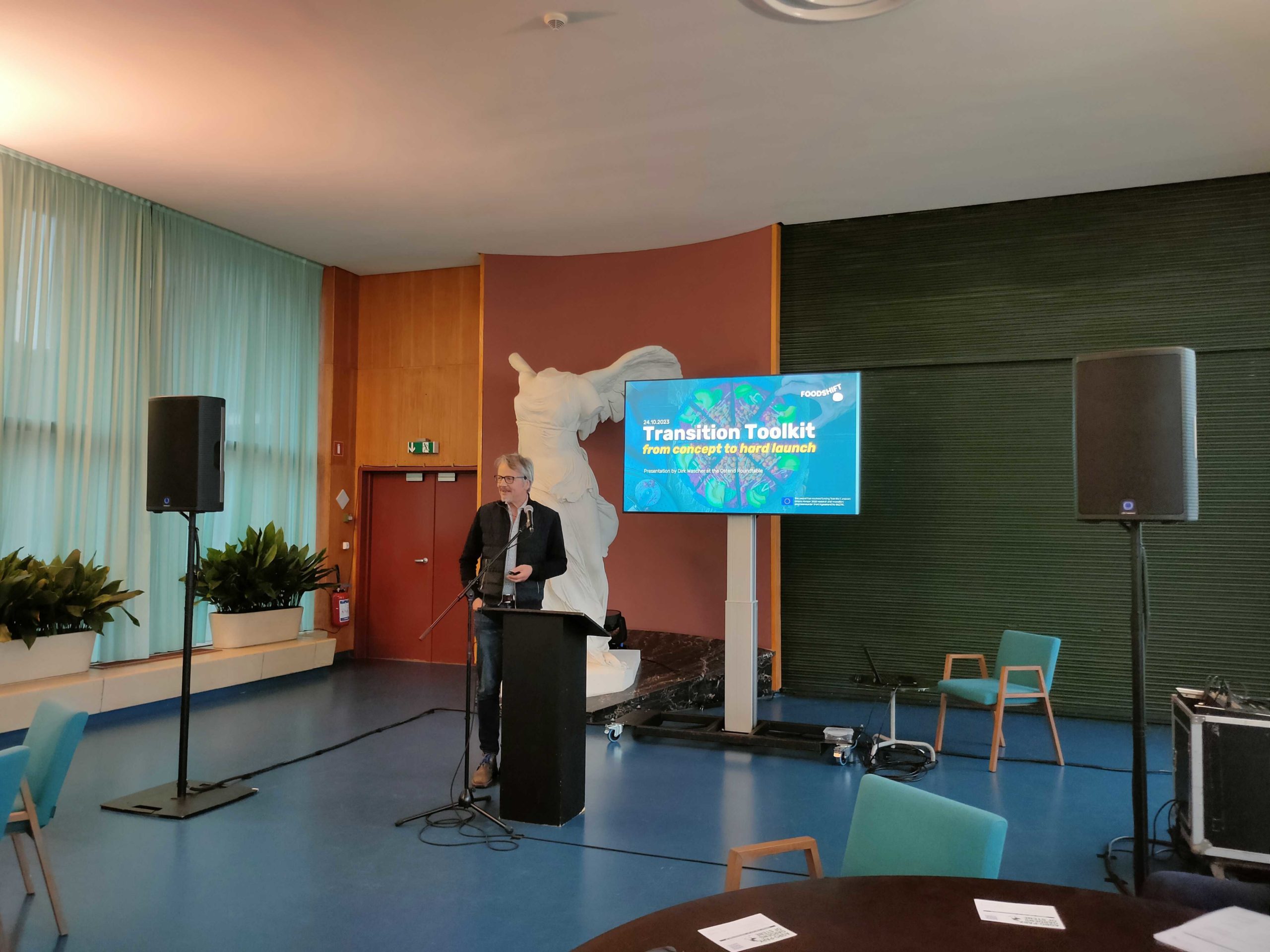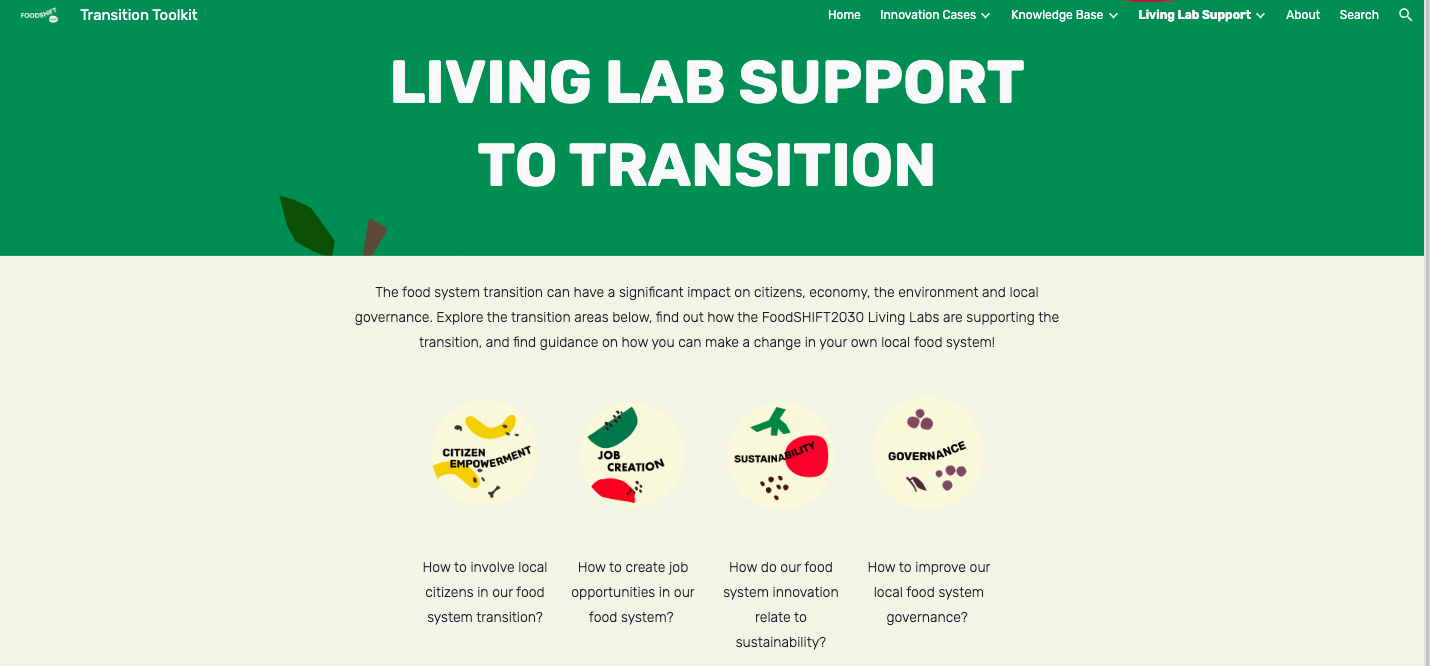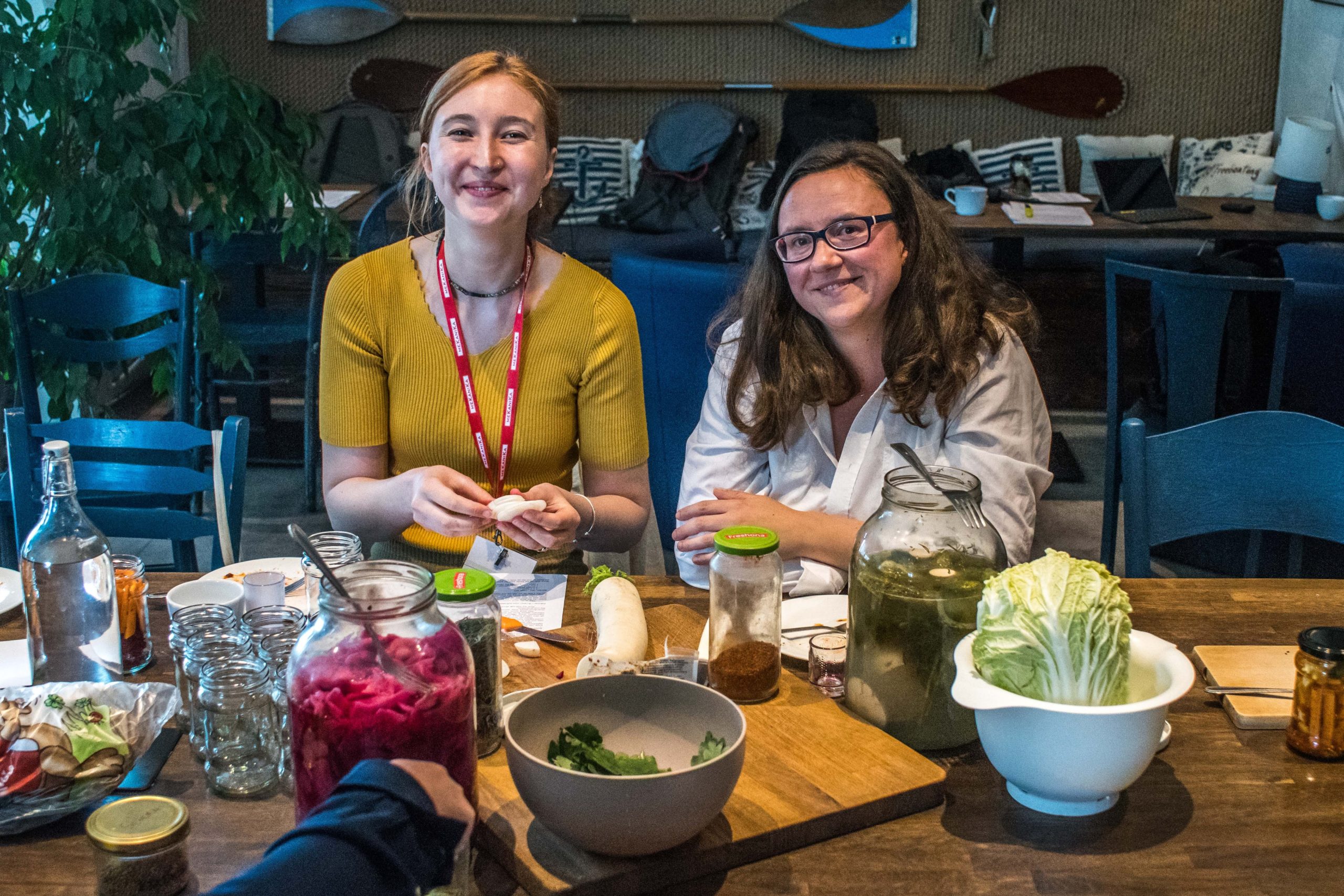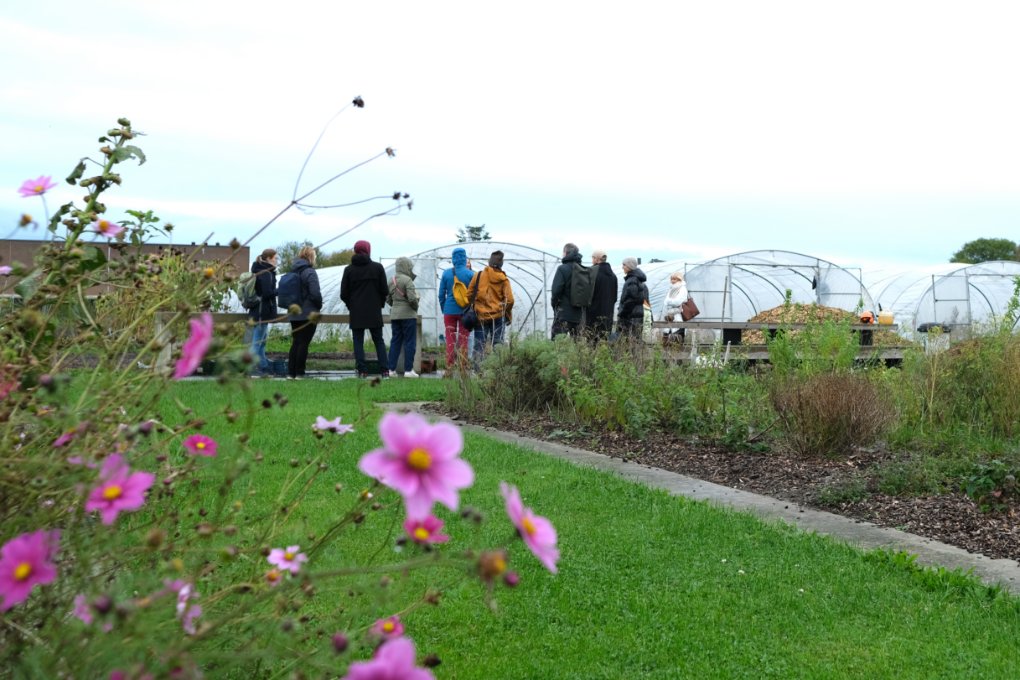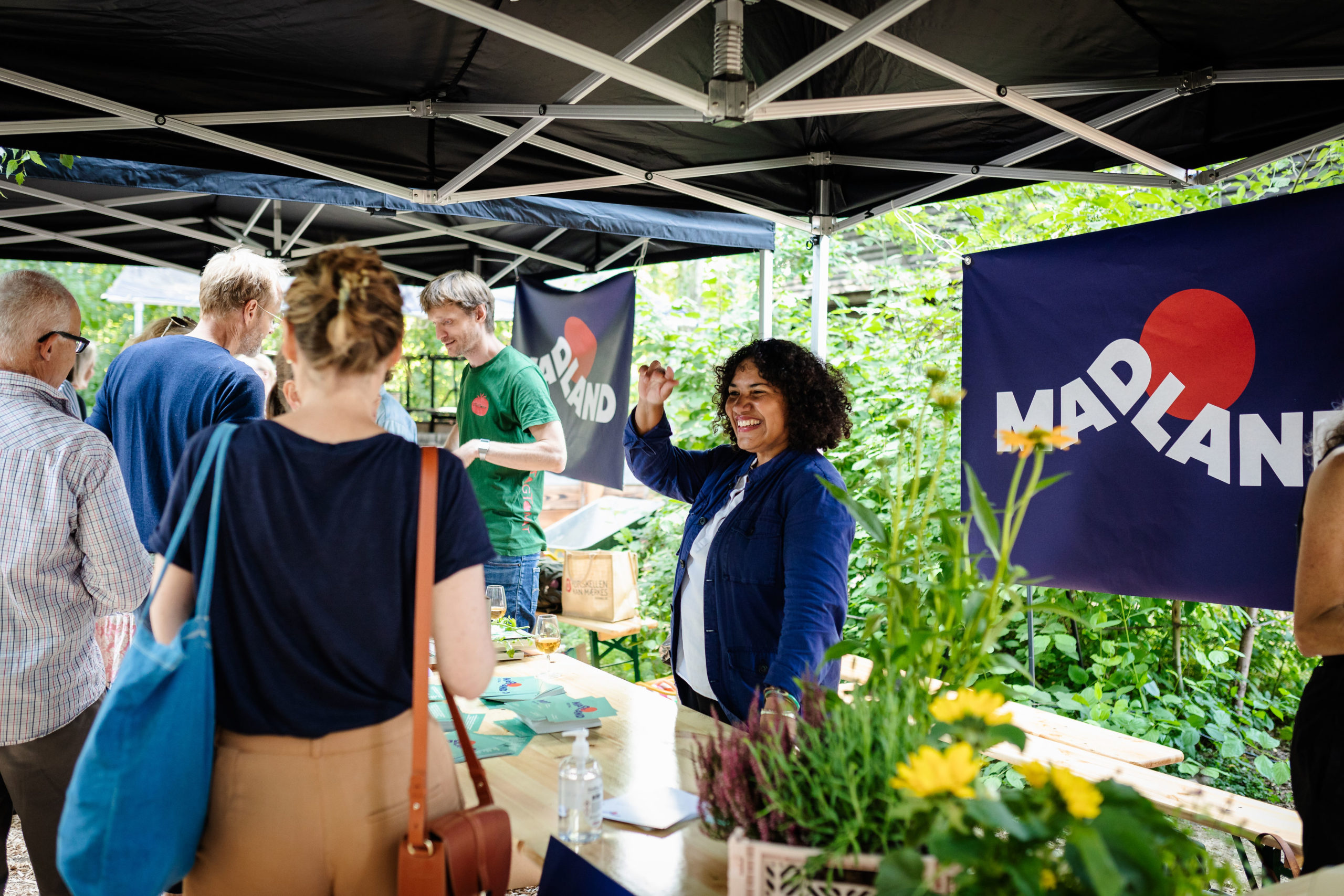FoodSHIFT 2030 is addressing 11 SDGs
08 May 2020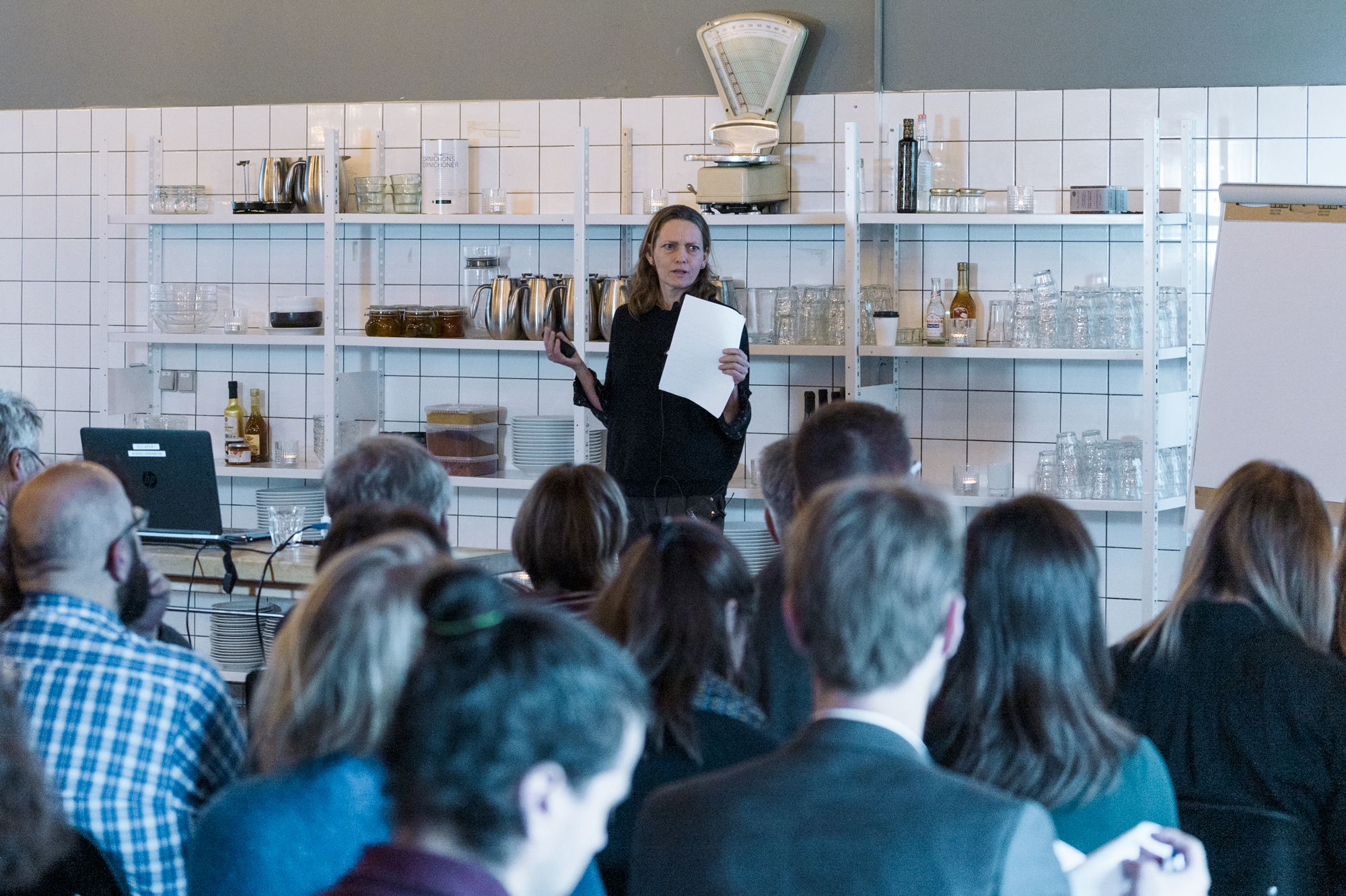
There is an urgent need for a transformation of the food system. Unhealthy diets and malnutrition are contributing towards more than 70% of deaths in Europe – this makes it unlikely that SDG3 – ‘Ensuring healthy lives and promoting wellbeing for all at all ages’ will be achieved by 2030. Further, current projections show that existing and planned mitigation measures will not be sufficient to achieve the target of reducing GHG emissions by 40% in 2030.
The key to solving food and nutrition security challenges in Europe and achieving the climate targets by 2030 is the substantial shift to more plant-based diets including reduced consumption of sugar and red meat, and increased consumption of nuts, fruits, vegetables, and legumes. As recently highlighted in the report from the EAT-Lancet Commission on healthy diets from sustainable food systems, this transition to healthy diets is necessary to achieve the UN Sustainable Development Goals and the Paris Agreement.
FoodSHIFT 2030 is working towards fostering the food system transition to become primarily plant-based, accelerating food system solutions to beyond state of the art and evaluating innovation potential of the FoodSHIFT Accelerator Labs to contribute towards the achievement of the SDGs. The FoodSHIFT Accelerator Labs will collectively target 11 out of the 17 SDGs through their innovation focus and actions and more often than not a FAL will contribute to multiple SDGs simultaneously – see some examples below.
SDG1 – End poverty in all its forms & SDG 2 – Zero hunger
The FoodSHIFT Accelerator Labs in Brasov and Wroclaw contribute towards the achievement of SDG1 and SDG2. Wroclaw will aim to improve the accessibility of food gardens to different social and aging groups. Brasov will aim at integrating traditional, predominantly small-scale, local producers into an innovative and ambitious regional food. The municipalities involved in this will be able to learn from the FALs and scale the lessons learned to larger neighborhoods and diversity of people in the food chain whilst being supported by the FALs with necessary tools and entrepreneurial support.
SDG11 – Make cities and human settlements & SDG15 – Protect, restore and promote sustainable use of terrestrial ecosystems, sustainably
The shift towards a sustainable, human-orientated food system will transform the layout, appearance, and infrastructure of our cities and the surrounding lands. This is associated with SDG11 and SDG15. Further, several FALs will actively redesign parts of the city. The Berlin FAL will construct an Urban Food Hub prototype (Ernährungshof) whilst the Belgium FAL will develop a new agricultural park in the vicinity of Oostende. The Bari FAL and Athens FAL will also promote sustainable land use and food chain strategies. This contributes towards a change in how cities should look like, where food can be produced, processed, distributed, and purchased.
SDG3 – Ensure healthy lives and promote wellbeing & SDG12 – Ensure sustainable consumption
The Bari FAL and Athens FAL will address SDG3 & SDG12. Not only will they work towards sustainable land use and food chain strategies but also involve young entrepreneurs, alongside students, in rural communities. The FALs in Avignon and Copenhagen will also promote SDG3 and SDG12 through accessible, healthy food in public canteens, schools, hospitals, and catering services. This educational model will promote sustainable employment opportunities post-project lifetime and educate a large percentage of FAL audiences on sustainable consumption, healthy lives, and wellbeing.
SDG4 – Ensure inclusive and equitable quality education and promote lifelong learning
The Bari FAL and Athens FAL will also address knowledge and capacity building in educational programs with a clear mission of including all actors in the food chain, not solely the producer. All FALs are included in achieving SDG4 due to the knock-on effects of innovative social media tools allowing access to information, people, profiles, and business networks. This also has the potential to be highly replicable in many other cities and regions in Europe.
SDG8 – Promote sustained, inclusive and sustainable economic growth, full and productive employment and decent work for all
Barcelona, Berlin, Bari, and Copenhagen FALs support SDG8 through capacity-building programs that establish the space for sustainable job professions. This is done through the empowerment of diversified food networks, designated spaces for new professions, entrepreneurial skills, and employment in all stages of the food sector.
SDG9 – Build resilient infrastructure, promote inclusive and sustainable industrialization & SDG13 – Take urgent action to combat
All FALs are dedicated to SDG9 and SDG13, ensuring that industrial waste streams become available to the circular economy business plans. Participating SMEs which specialize in ITC and social media tool development will focus on promoting the transition to less meat and more plant-based diets to become a reality, within all participating FAL city-regions and beyond.
SDG17 – Partnerships for the goals
All FALs will strengthen partnership for sustainable development from the multi-actor consortium right through to diverse stakeholder and citizen engagement on specific innovation actions.
